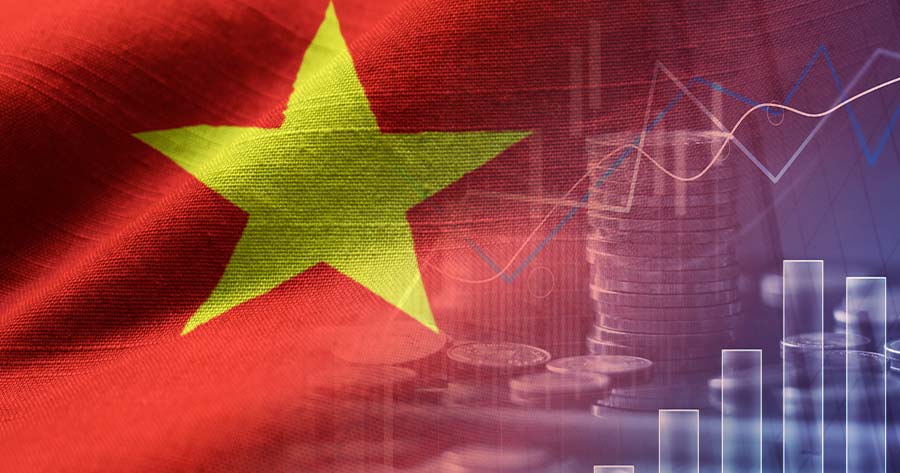Vietnam’s central bank has pledged to take swift action if needed to rein in inflation and support the country’s growth ambitions, as policymakers confront mounting pressure from heightened US tariffs and global economic headwinds.
Pham Thanh Ha, deputy governor of the State Bank of Vietnam, acknowledged on Tuesday the growing difficulty of maintaining stable monetary policy, managing the dong, and meeting Vietnam’s target of at least 8% growth by 2025. Volatility in global markets is intensifying the challenge at home, Ha said at a press briefing in Hanoi.
The Vietnamese currency has softened in recent weeks, reaching historic lows in June, largely due to the central bank’s accommodative policy stance and anticipation of escalating trade tensions.
Vietnam’s move to maintain low interest rates to spur economic activity has reportedly diminished the attractiveness of the dong, increasing volatility in the foreign exchange market, according to Pham Chi Quang, who heads the central bank’s monetary policy department.
The annual inflation rate in Vietnam increased to a four-month high at 3.24% in May 2025 from 3.12% the previous month. Meanwhile, core inflation rose to 3.33% from 3.14%, marking the highest since October 2023.
On a monthly basis, consumer prices increased by 0.16%, following a 0.07% rise in April.
The pressure comes on the heels of a tariff escalation from the United States. President Donald Trump has announced sweeping new tariff rates—20% on Vietnamese-made goods and 40% on transshipment through Vietnam—while threatening further action against other key trading partners. Negotiations to finalize the terms remain ongoing, leaving businesses and investors with more questions than answers.
Despite these uncertainties, Vietnam’s exports surged in the second quarter, as international companies rushed to ship goods ahead of expected tariff hikes. A weaker dong could further bolster exports by making Vietnamese goods more competitively priced, but risks stoking inflation.





